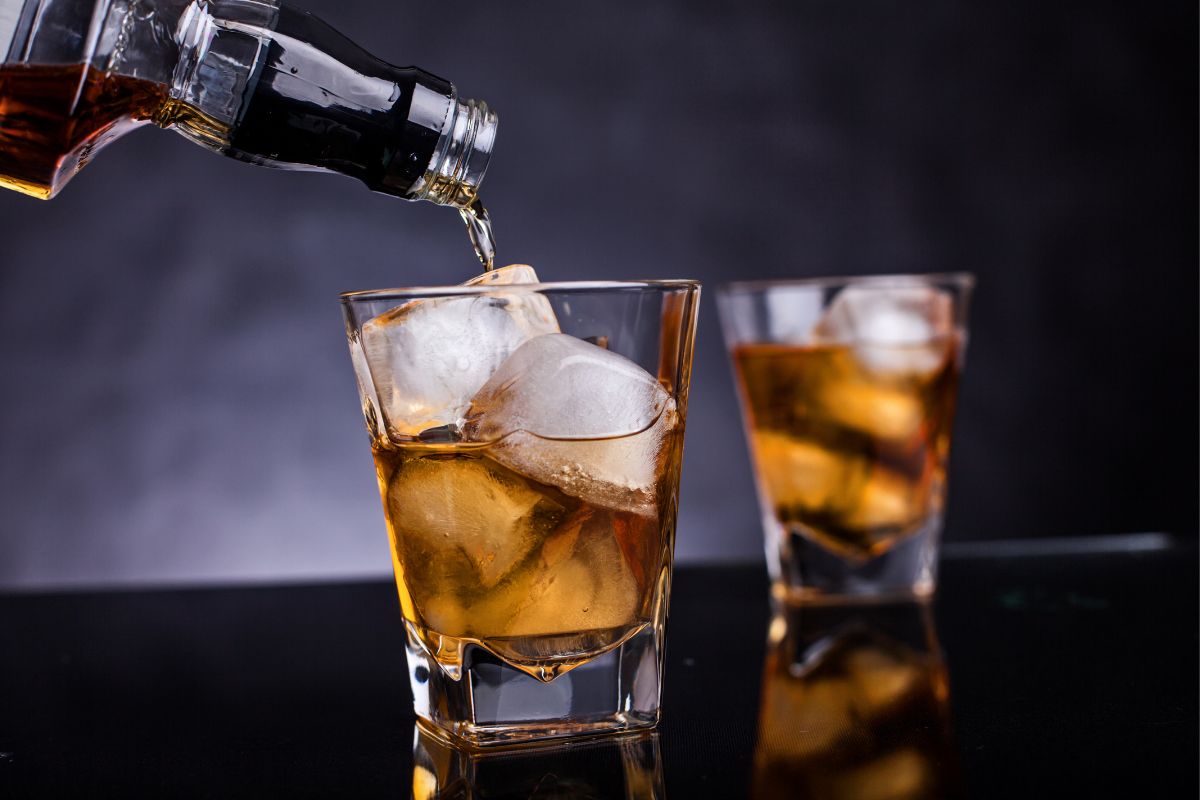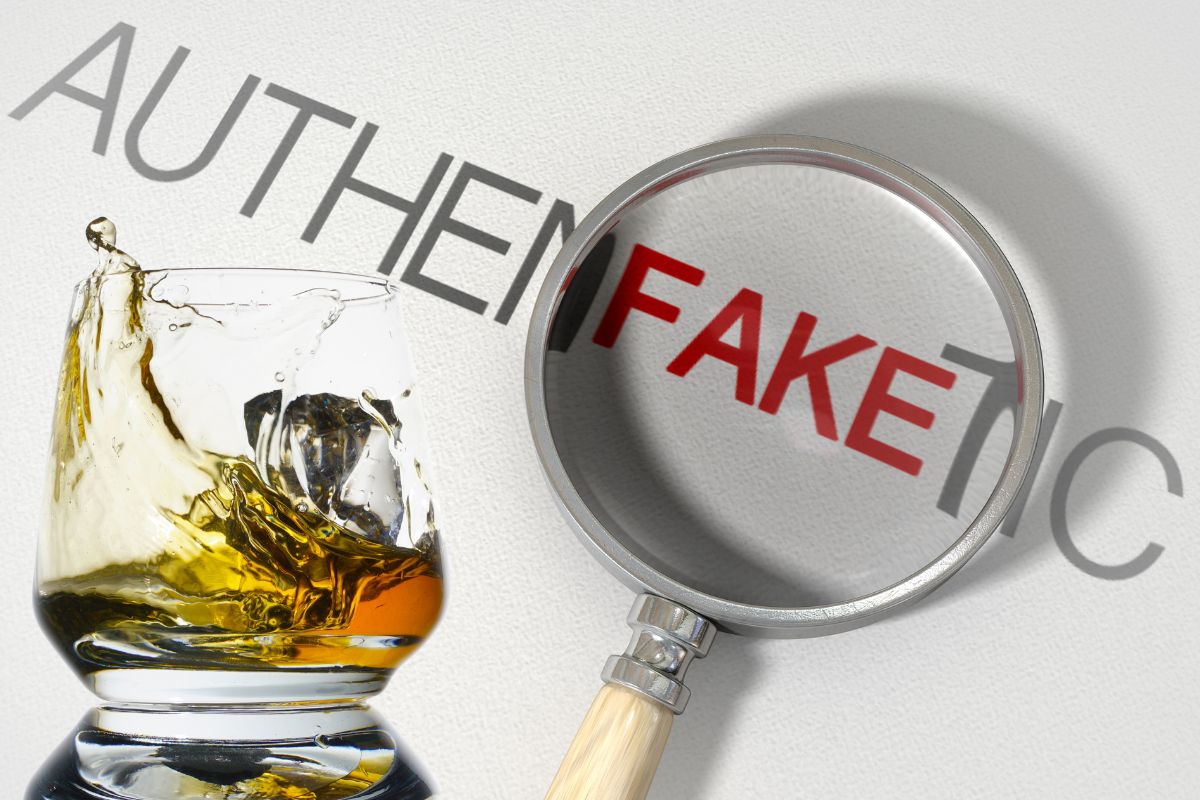This could be a move toward a future edible anti-counterfeiting technology for a range of products.
Scientists have developed a new edible anti-counterfeiting QR code tag technology that can detect an authentic whiskey from the fake stuff.
The research team have developed a tiny barcode that could one day also work with pharmaceuticals.
A broad number of industries in food, alcohol and medication are struggling with counterfeiters around the world. Researchers have now developed a type of QR code that would allow consumers to determine whether they are holding a real or fake product so they can better protect themselves from scammers. In some cases, particularly when it comes to medications, this could even save lives.

“Counterfeit items, such as medicines and alcohol, are big issues around the world,” said Purdue University’s Young Kim in a recent media statement. “There are numerous examples of large amounts of fake medications sold throughout the world, which, in some instances, kill people.”
The QR code tags are made using processed fluorescent silk cocoons to form a biopolymer.
The biopolymer made from the specialized silkworms’ fluorescent silk cocoons can be formed into various patterns for encoding information. From there, the researchers placed the tags they created into different price points of whisky over the course of ten months. As they did so, they activated the barcode with a smartphone app in order to determine the authenticity of the liquid.
The tags have been developed using fully edible and digestible material, so they don’t need to be removed from a glass. They can be consumed without impacting the taste of the beverage in any way.
Currently, there aren’t any whiskeys on the market that include the QR code. That said, the creators believe that the quick response barcodes will one day be commonplace. This will make it notably easier for consumers to be able to use their phones to be sure they are buying what the label suggests they’re getting.
“Alcohol spirts are vulnerable to counterfeiting,” said research team member Jungwoo Leem. “There are a lot of fake whiskeys being sold.” Current estimates indicate that about 18 percent – nearly 1 in 5 – of UK adults have purchased counterfeit alcoholic beverages at some point in their lives.

